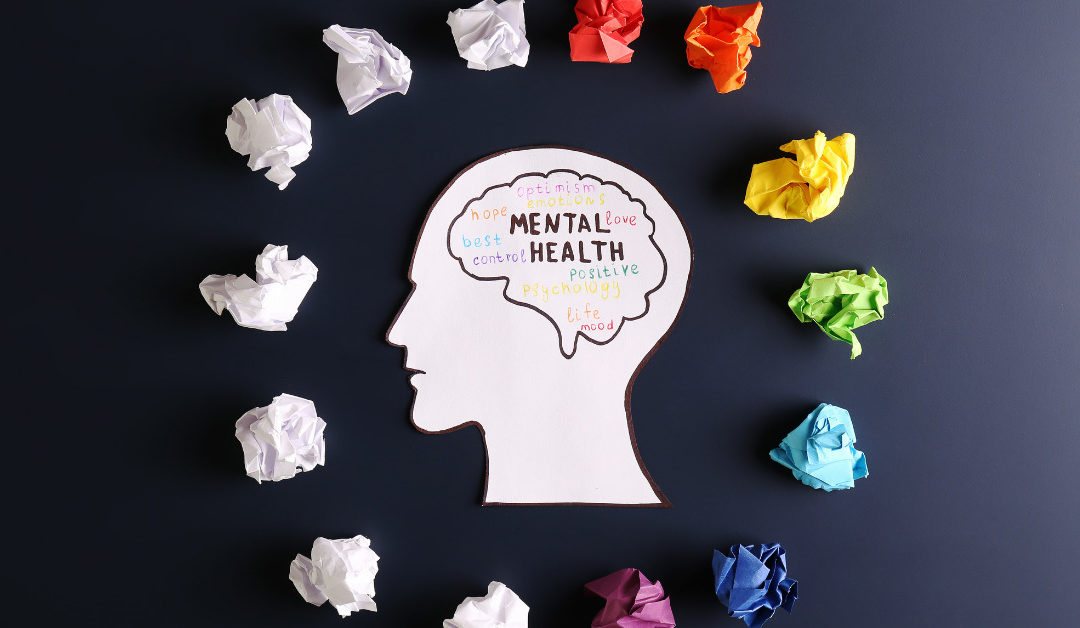‘Everyone has mental health but not everyone has mental illness’
In the last 18 months, a lot has changed. Most people become very content, safe, and comfortable in a regular route. However, most of us can agree that we haven’t had much regular routine due to the current situation over this time. We have gone from driving to work with a coffee in hand, working in an office, being social with our work colleagues, attending face-to-face meetings over lunch, and then returning home to switch off with our family or friends. I don’t think any of us expect to go from that to get out of bed one minute before your working time starts and moving to the dining table to start work, trying to home school children, fighting to find a quiet place to do zoom calls, finding it hard to get motivated in an environment that had been created as your switch off space and then moving from the dining table to the sofa when you decide your day was over to try and relax for the evening. Mental health and Mental illness is a huge topic that we feel is so important at this current time. Ensuring that employee is healthy in their mental health is just as important as them being healthy with physical health and diet and nutrition.
Mental health is an extremely important part of everyday life, from a child through to an adult. According to World Health Organisation (WHO) (2017) mental health is defined as “a state of an individual’s well-being, with a state of complete physical, mental and social well-being”. Someone with a sound mental state would be able to handle the normal stresses of everyday life. As well as, work effectively and make an impact on their community with not merely the absence of disease.
Most people will experience a mental health problem sometime in their lives, but it is normally temporary (U.S Department of Health and Human Services, 2017A). This mental health problem could affect how a person feels, interacts with other people, thinks, and behaves but the problem and effects on their everyday life will not be to the degree of a person with a mental illness.
Mental illness refers to a broad range of mental conditions and can vary from mild to severe cases lasting a few weeks or life-long (Mind Health Direct, 2016). Some of the core groups of mental illnesses are mood, anxiety, personality, eating or substance abuse disorders (Health Direct, 2016). Mental illness is a health issue that also significantly affects how a person interacts with other people, thinks, feels, and behaves (U.S Department of Health and Human Services, 2017B). Standardised criteria are used to diagnose a person with mental illness. A mental illness is more extreme than a mental health problem. However, mental health issues could turn in to a mental illness if it is not dealt with at the correct time or manner.
Mental health and mental illness are similar as they can both hold true mental health problems (Sane Australia, 2017). Everyone has the vulnerability to have a mental illness if one’s mental health isn’t taken care of. When stress, thought, feelings or behavior becomes too much for one’s mental health and isn’t dealt with in the correct manner a mental illness could be triggered, depending on the degree one experiences.
Mental health and mental illness are also different in a lot of ways. Someone with sound mental health can easily control how one relates to others, compared to someone with a mental illness who might see themself as different from others in the community (Department of Health, 2017). Also, how a person handles stress is very different. A person with sound mental health knows how they best handle stress and can deal with it, while someone with a mental illness could find stress very overwhelming and difficult to deal with. These stressful events are characterized by acute crises that are more or less controllable (Perry, & Pescosolido, 2015). Making choices for a person with sound mental health is a normal everyday task and isn’t given much thought, compared to a person with a mental illness who could find even the smallest decisions a very difficult task to deal with.
Safe hands have created unique Mental health programs to ensure that all your employee is educated in knowing how to take the best care of their mental health. Some of these topics are stress webinars, sleep challengers, mindfulness challenges, burnout webinars, meditation sessions, and mental health training for management teams. All our education programs are conducted by trained health care professionals who are passionate and supportive when helping anyone on this mental health wellness journey.

